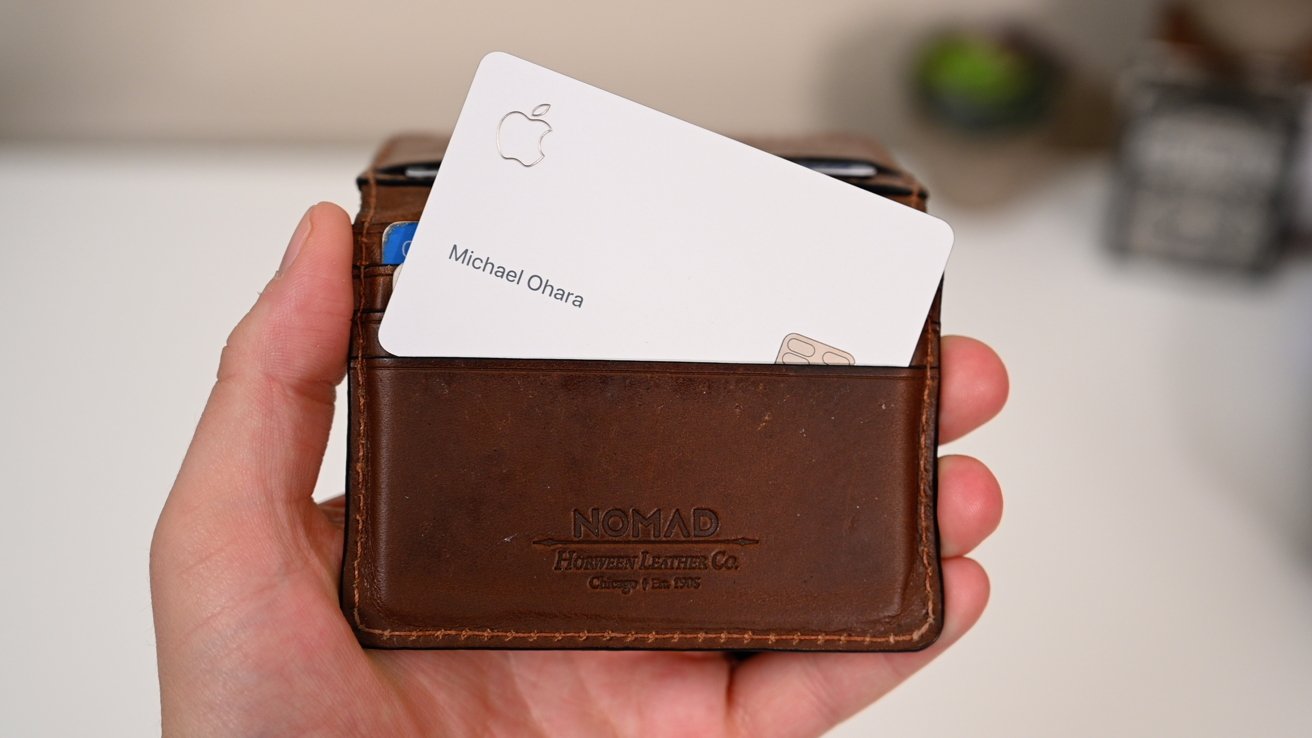Apple Card is a popular hit with everyone except Apple's partner Goldman Sachs, with it likely to lose millions as it tries to pull out.
Right from the launch of the Apple Card in 2019, it was known that Goldman Sachs was spending $350 for every person who signed up. Then throughout 2023, the bank was reportedly seeing Apple as a drag on its business.
Ultimately Goldman Sachs wanted to leave the unhappy marriage.
The reasoning for the split is that Goldman Sachs is said to have lost $12 billion in 2022, and it was chiefly because of Apple Card. The bank had other consumer credit lines, though, such as a General Motors credit card — which was also costing the company more than it was earning.
Added to the cost of doing business was controversy over alleged gender bias in its credit calculations — allegations it has now been cleared of — plus an investigation over accusations of fraud. Goldman Sachs decided to pull out of the whole consumer credit market and in November 2023, Apple finally proposed a divorce settlement.
That arrangement is believed to see Apple and Goldman Sachs split within 15 months. However, now a new report says that Goldman Sachs will have difficulty finding a firm to take over its arrangement with Apple.
The Wall Street Journal, reporting on the firm's problems specifically with its General Motors (GM) credit card, says that the bank has been lax in its underwriting standards. In its bid to grow the GM business, Goldman Sachs is said to have attracted customers with lower credit scores, and is now facing a large proportion of what are called charge-offs.
A charge-off is an account that a bank has to write off because it's unlikely to be paid back by customers. Across the US, the charge-off rate for commercial banks and their credit cards is around 4.5% of their accounts, but for Goldman Sachs, it's over 10%.
Give that GM credit cards currently hold over $2 billion in balances, the high charge-off rate is reportedly putting buyers off. The UK's Barclays bank, which separately provides financing for Apple Store customers in Britain, is said to still be in talks with Goldman Sachs, but unwilling to pay the asking price.
Consequently, Apple Card balances are running at $17 billion — over eight times the amount on GM cards. It's unlikely that Goldman Sachs will exit the deal with a significant loss.
Five years after the launch of Apple Card, it is still solely available in the US. It's conceivable that it was the expense of signing up new customers that Goldman Sachs hold back, since in 2019, Tim Cook committed to an international rollout.
 William Gallagher
William Gallagher







-m.jpg)






 Christine McKee
Christine McKee
 Malcolm Owen
Malcolm Owen
 Marko Zivkovic
Marko Zivkovic

 Andrew Orr
Andrew Orr
 Andrew O'Hara
Andrew O'Hara






-m.jpg)



13 Comments
with a significant loss".
Without
a significant loss - seems more likely
or
It's likely that Goldman Sachs ........
So I guess this means Goldman Sachs won't be bringing these services to Canada? We're still waiting.
It is really hard to pay out 2% cash back on basically all purchases and make money, unless you have a very carefully selected customer base (ie. like Chase/Amex do for their best rewards cards). It is likely there is some stipulation requiring Goldman to be more lenient in approval than other issuers of cards with such generous rewards.
So what's going to happen with GS drops the Apple Card? Will Apple simply change to a different bank? If/When they do what's that going to do to my credit? Will it cause a drop when it's cancelled and again when the next bank does a credit check?